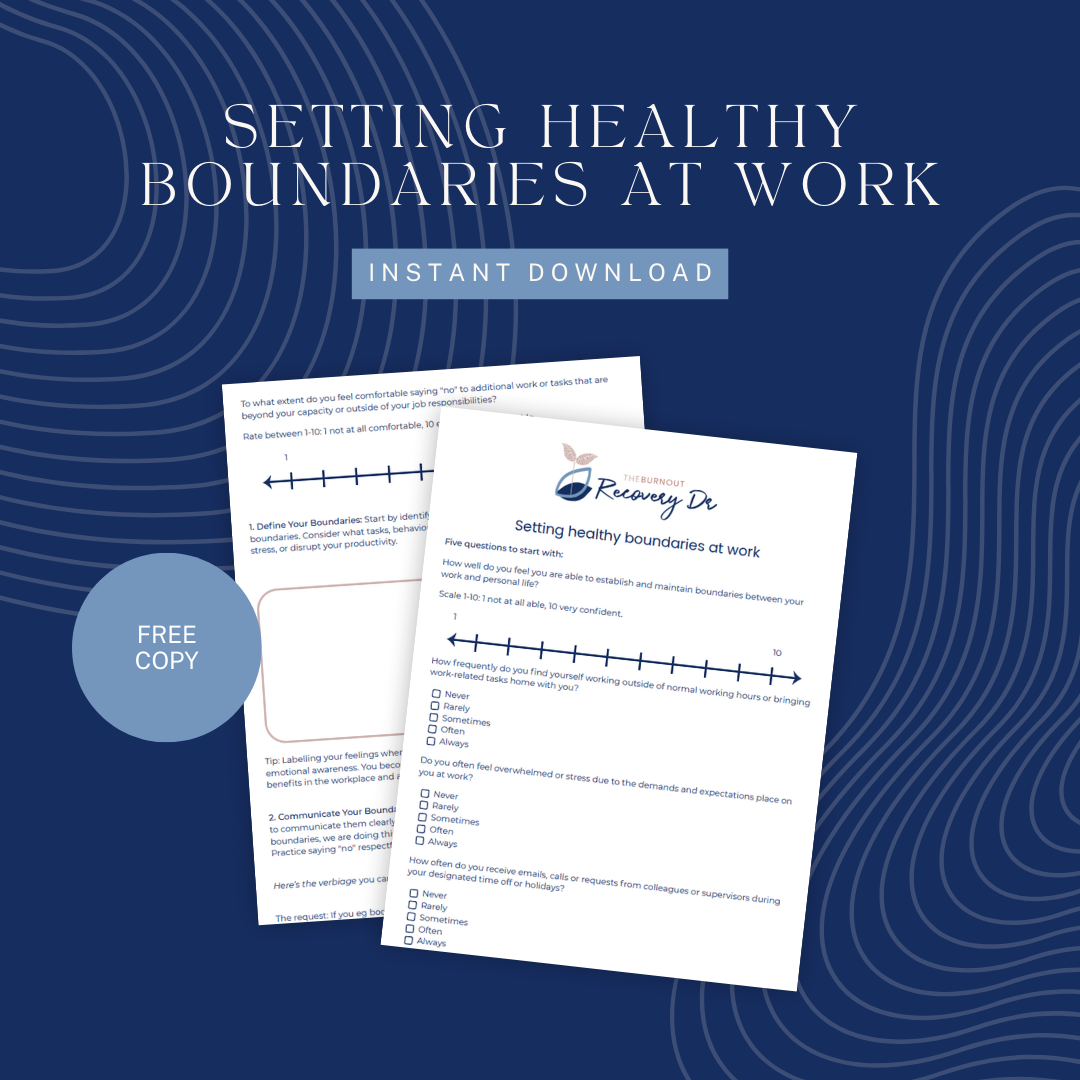Coaching in Healthcare: Building Confidence and Overcoming Challenges for Clinicians

Coaching for Personal Development: "I think that concept of becoming unstuck or being able to address a challenge or being able to move forward is something that is ultimately leading to improvement of the individual and, you know, when they're in clinicians in leadership roles, improvement of the system tying into what we said before."— Dr Sarah Dalton
Recently on The Burnout Recovery Podcast, we had the pleasure of interviewing Dr Sarah Dalton, a highly skilled clinician and coach who has made it her mission to support clinicians and healthcare professionals in their journey towards personal growth and professional success. Sarah's expertise shed light on the invaluable role coaching plays in addressing challenges, finding work-life balance, and cultivating a thriving healthcare system. Here are the takeaways from our fascinating discussion.
1. Coaching as a Catalyst for Change:
Coaching is more than a profession; it's a transformative process. Sarah's coaching experience has consistently highlighted the power of coaching in facilitating positive change for both coaches and individuals seeking guidance. By becoming unstuck from challenges and nurturing personal growth, clinicians can enhance their well-being and effectiveness.
2. Shifting Perspectives on Leadership:
Sarah's journey into coaching started with her own experience as a recipient of executive coaching in leadership roles. She found that clinicians and doctors face similar challenges in transition, decision-making, and asserting themselves. Embracing coaching principles allows healthcare professionals to leverage their clinical expertise in their leadership roles, alongside enhancing their decision-making abilities and fostering a culture of collaboration.
3. The Importance of Well-being:
Finding work-life balance is a universal struggle in the healthcare industry. Coaching offers a safe space for professionals to prioritize their well-being and develop strategies to ensure self-care doesn't take a backseat. Through coaching, clinicians gain the confidence needed to engage in difficult conversations, strike a balance in their personal and professional lives, and ultimately achieve fulfillment.
4. The Art of Effective Communication:
For many clinicians and healthcare professionals, communicating assertively and navigating difficult conversations can be daunting. By honing their coaching skills, individuals can refine their ability to listen attentively, ask powerful questions, and create a supportive environment. Communication is at the heart of quality patient care, and coaching equips professionals with the tools to become effective communicators and advocates.
5. Unleashing Transferable Skills:
A transition from clinical to non-clinical roles may seem intimidating, but Sarah emphasizes the value of transferable skills gained through clinical work. Decision-making, teamwork, collaboration, and empathy are just a few areas where clinicians excel. By recognizing these skills and embracing non-clinical roles, professionals can enhance their skill set and contribute to transformative change within healthcare organizations.
Conclusion:
Coaching has emerged as a powerful tool for clinicians and healthcare professionals seeking personal and professional growth. Sarah Dalton's insights highlighted the significance of coaching in nurturing well-being, developing effective communication skills, and leveraging transferable skills in various roles.
Listen to the full episode here:


